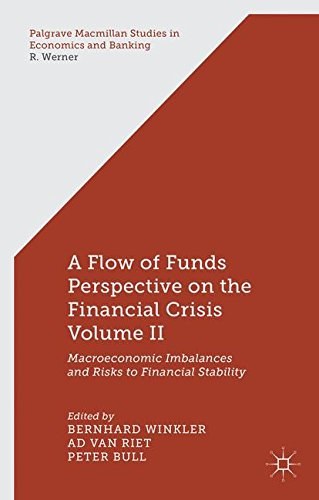Understanding the Benefits and Risks of SOFR Loans in Today's Financial Landscape
#### What is a SOFR Loan?A **SOFR loan** (Secured Overnight Financing Rate loan) is a type of loan that is benchmarked against the SOFR, which is a broad me……
#### What is a SOFR Loan?
A **SOFR loan** (Secured Overnight Financing Rate loan) is a type of loan that is benchmarked against the SOFR, which is a broad measure of the cost of borrowing cash overnight collateralized by Treasury securities. This rate has become increasingly popular as an alternative to the LIBOR (London Interbank Offered Rate) due to its transparency and reliability.
### The Rise of SOFR Loans
In recent years, the financial industry has seen a significant shift from LIBOR to SOFR. The transition was largely driven by the need for a more robust benchmark that reflects actual market transactions. SOFR is based on actual borrowing data and is published by the Federal Reserve Bank of New York. This makes it less susceptible to manipulation and provides a more accurate representation of borrowing costs.
### Benefits of SOFR Loans

1. **Transparency**: One of the primary advantages of SOFR loans is their transparency. Since SOFR is based on actual transactions, it offers a clear view of the market, allowing borrowers to make more informed decisions.
2. **Lower Risk of Manipulation**: Unlike LIBOR, which has been subject to scandals and manipulation, SOFR is derived from a large volume of transactions, making it more reliable and trustworthy.
3. **Flexibility**: SOFR loans can offer borrowers flexibility in terms of repayment and interest rates. Many lenders provide options for fixed or variable rates, allowing borrowers to choose what best suits their financial situation.
4. **Potential Cost Savings**: Depending on market conditions, borrowers may find that SOFR loans offer lower interest rates compared to traditional loans. This can lead to significant cost savings over the life of the loan.

### Risks Associated with SOFR Loans
1. **Interest Rate Volatility**: One of the main risks of SOFR loans is interest rate volatility. Since SOFR is a short-term rate, it can fluctuate significantly, leading to unpredictable monthly payments for borrowers with variable-rate loans.
2. **Lack of Historical Data**: As SOFR is relatively new, there is limited historical data available to predict future trends. Borrowers may find it challenging to assess the long-term implications of taking out a SOFR loan.
3. **Complexity**: For some borrowers, the transition from LIBOR to SOFR may be complex. Understanding the nuances of how SOFR works and how it affects loan terms can be daunting for those unfamiliar with financial markets.

### Conclusion
In conclusion, **SOFR loans** represent a significant advancement in the lending landscape, providing a more transparent and reliable alternative to traditional benchmarks like LIBOR. However, potential borrowers should carefully consider both the benefits and risks associated with these loans. By understanding how SOFR works and staying informed about market trends, borrowers can make more informed decisions that align with their financial goals. As the financial industry continues to evolve, SOFR loans may become an increasingly attractive option for individuals and businesses alike.